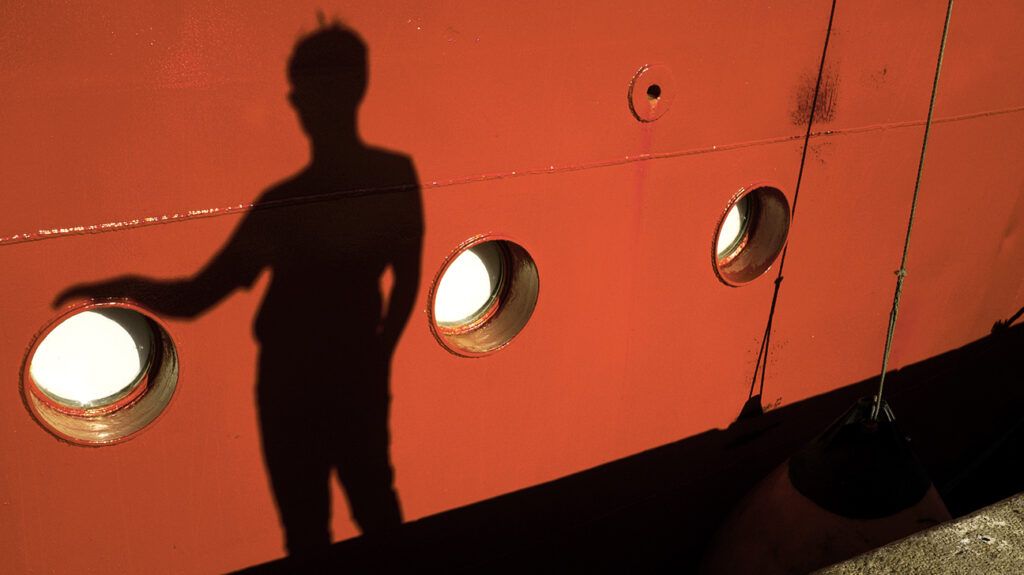The five warning signs of testicular cancer may include swelling, pain, and heaviness in the testicle area, along with breast growth and early puberty in boys.
However, not everyone has symptoms in the beginning stages, and
Testicular cancer affects one or both of the testes, the two male sex glands that sit in a pouch of loose skin called the scrotum. The testes are responsible for making sperm and producing male sex hormones.
This article discusses warning signs of the cancer and indications that it has spread. It also explains how to check for testicular cancer at home and when to consult a doctor before answering common questions about the disease.

The following symptoms do not necessarily suggest the presence of testicular cancer, as other conditions — such as infections — may also cause them.
It is worth noting that some people with this cancer
Swelling or lump in the testicle
Enlargement or swelling of a testicle is frequently the first sign. That said, it is typical for one testicle to be slightly larger and to hang lower than the other.
The swelling
Learn more about what can cause testicular lumps.
Pain
Although the initial swelling is not painful, approximately
Learn more about what could be causing testicular pain.
Heaviness
Some individuals may have a feeling of heaviness in the scrotum or lower belly. The scrotum may also feel harder or firmer.
Learn more about scrotal swelling.
Breast growth or soreness
In rare cases, this occurs because some testicular cancers secrete high levels of human chorionic gonadotropin, a hormone that stimulates breast development.
Learn more about breast pain in men.
Early puberty in boys
Some testicular cancers can make male sex hormones. While the hormones may not produce symptoms in males, they can lead to signs of early puberty in boys, such as deepening voice and the appearance of facial hair. Puberty is the period during adolescence in which sex hormones increase and lead to signs of sexual maturity.
When testicular cancer spreads to other parts of the body,
- low back pain from cancer spreading to the lymph nodes in the back of the belly
- belly pain, which may stem from enlarged lymph nodes or cancer spreading to the liver
- chest pain, shortness of breath, or coughing with or without blood, all of which may be due to cancer spreading to the lungs
- confusion or headache, which may suggest cancer has spread to the brain
Learn more about metastatic testicular cancer.
Some doctors recommend
Below is the procedure:
- Feel each testicle separately, holding the penis away.
- Hold the testicle between the fingers and thumbs of both hands. Roll it between the fingers gently.
- Feel and look for hard nodules or lumps and note any changes in the shape, size, or consistency. Be aware that a typical testicle has an attached structure called the epididymis, which can feel like a small bump on the upper or middle outer side.
Learn more about how to perform a testicular self-exam.
The outlook for testicular cancer is
People need to speak with a doctor if they have any symptoms or notice a change in how a testicle feels, so they can start treatment promptly if it is cancer.
Below are answers to common questions about testicular cancer.
What does stage 1 testicular cancer feel like?
According to a
Do you feel ill with testicular cancer?
This can
What are some late stage testicular cancer symptoms?
These may
Some warning signs of testicular cancer can
People may experience one sign and not the others, while some may not have any symptoms.
Symptoms that may suggest the cancer has spread to other parts of the body include low back pain, confusion, and chest pain.
Because it is possible for someone to have testicular cancer and not have symptoms, some doctors recommend that males perform monthly self-examinations.
When a doctor catches testicular cancer in the very early stage, the outlook is
